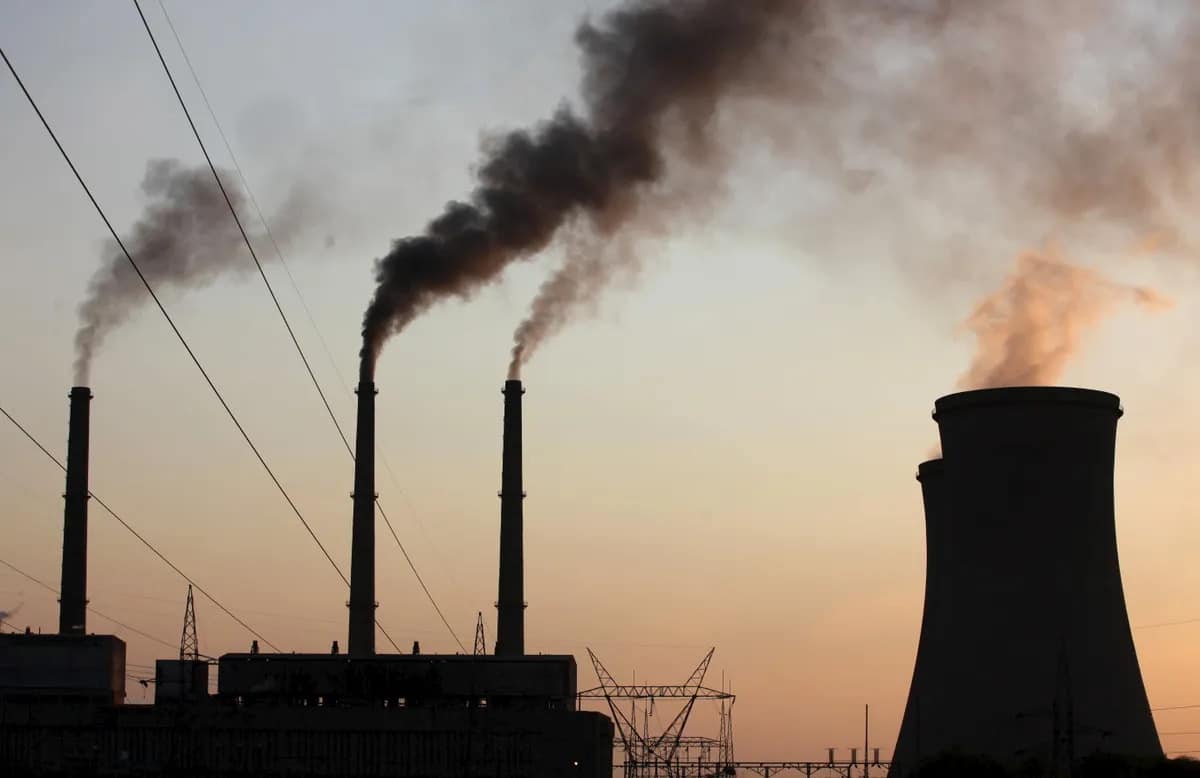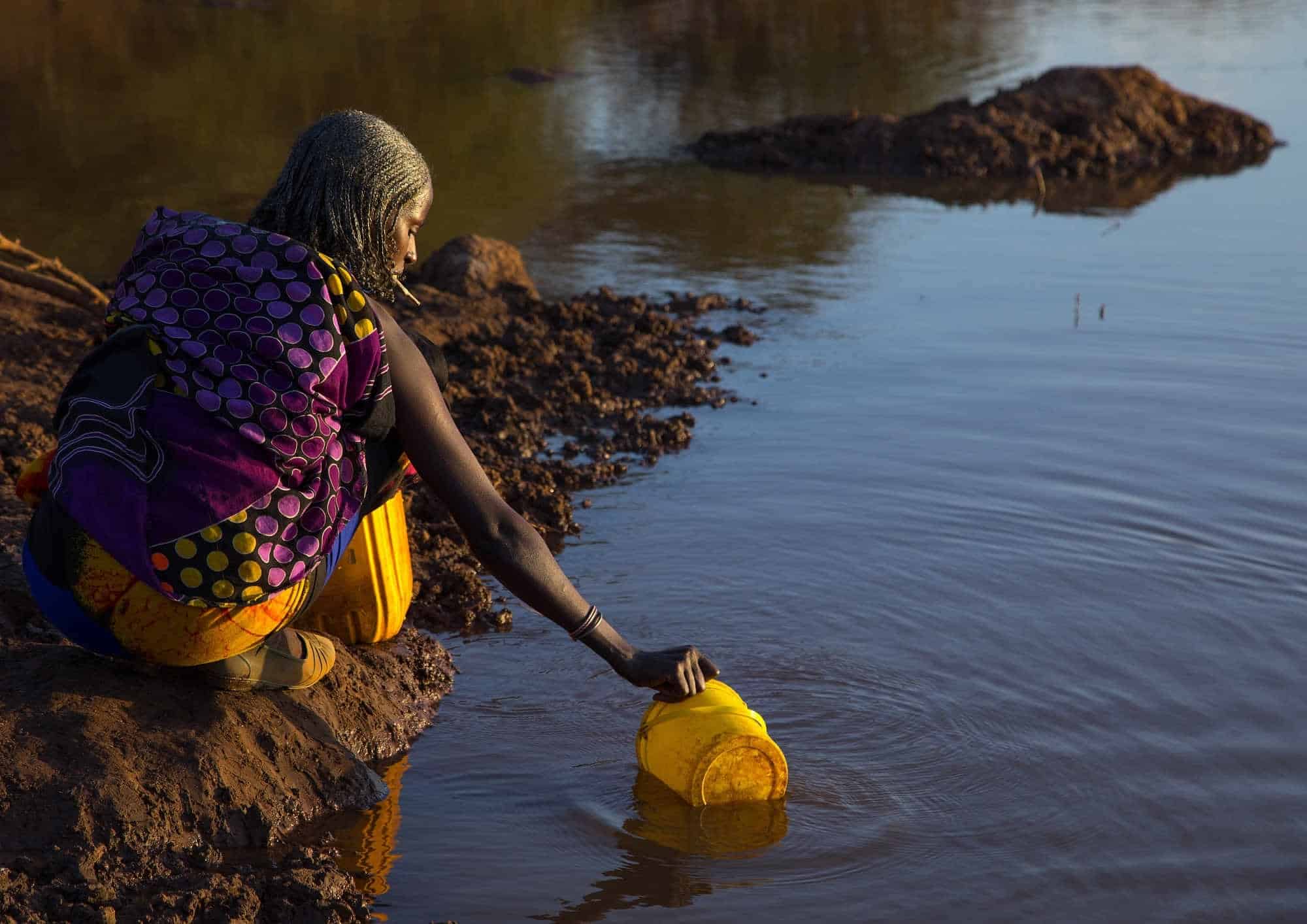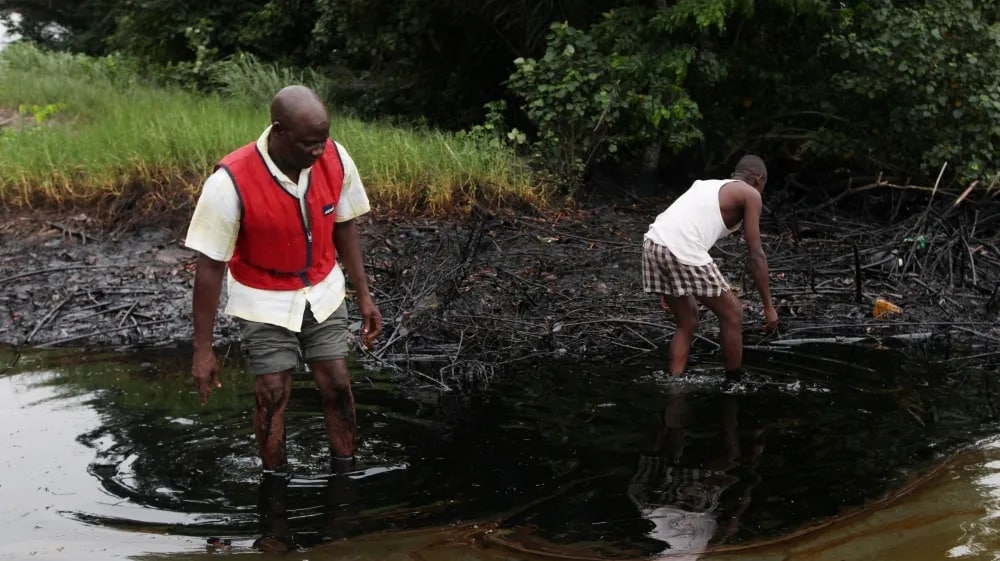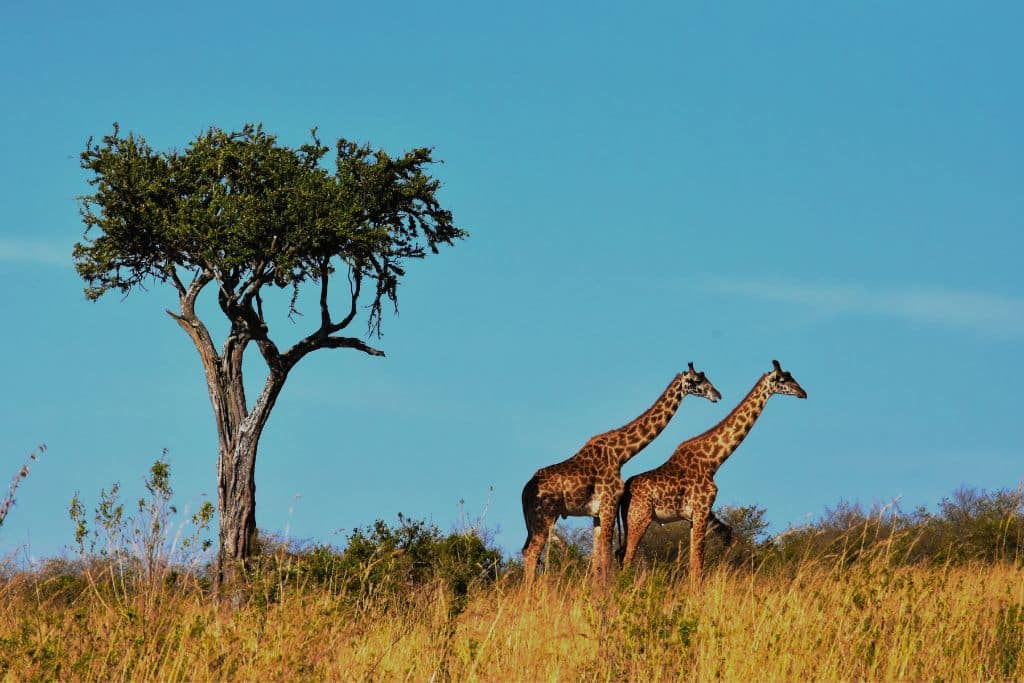The second-largest and second-most populous continent in the world is Africa. Earlier this year, the African Development Bank released its African Economic Outlook 2022, which details how the continent is bearing the brunt of climate change despite contributing to just 3% of total global carbon dioxide (CO2) emissions. With a high vulnerability to climate change and poor preparation for adaptation to climatic shocks, it is the least climate-resilient continent in the world. Here are some of the most pressing environmental issues in Africa and how local and national governments are addressing them.
—
Top Environmental Issues in Africa in 2024
1. Deforestation
Deforestation is one of the main factors that harm the ecological balance of the entire planet, not just Africa. Soil erosion, climate change, decreased rainfall, and many other unfavourable circumstances are partly the outcome of the clearance of forest cover for timber and agricultural land. Forested areas all across Africa have been cleared for many reasons, one of them being cocoa, one of the continent’s largest cash crops. Four African nations, Côte d’Ivoire, Ghana, Nigeria, and Cameroon, use enormous quantities of land to produce about three-quarters of the world’s cocoa.
When the forest is lost, local communities lose the system that kept them safe from floods. Forests function as a sponge, soaking up rainfall, stabilising soils, and continuously releasing water. Consequently, the soil structure changes, and the securely held soil particles are disturbed as the pace of deforestation in Africa rises. When it rains heavily, flash floods occur due to the loss of ground cover caused by deforestation. When forest cover is cleared, runoff quickly enters streams, raising river levels and increasing the vulnerability of villages, cities, and agricultural fields to floods, particularly during the rainy season.

Trees felled for a cocoa plantation inside the Scio Forest Reserve in western Ivory Coast. Photo by Mighty Earth.
Trees felled for a cocoa plantation inside the Scio Forest Reserve in western Ivory Coast. Photo by Mighty Earth
Rainfall decreases along with the loss of rainforests. Agriculture has always been highly dependent on the weather, particularly in Africa. Farmers need a consistent supply of light, warmth, and precipitation to produce the food that all of us depend on. Africa’s deforestation is increasing, resulting in less moisture being absorbed into the atmosphere. Less rain means increased chances of droughts.
Currently, African nations are increasing their own financial responsibilities. For instance, Rwanda has pledged to restore two million hectares by 2020, tripling its restoration budget over the past five years, while Malawi announced a US$4.5 million commitment for youth-led restoration implementation.
You might also like: Deforestation in Africa: Causes, Effects, and Solutions
2. Air Pollution
According to a 2019 NASA study, 780,000 premature deaths in Africa each year can be attributed to air pollution. High mortality rates are brought on by the expansion of the oil and gas industry in Nigeria and South Africa, while deaths in West and Central Africa are mainly associated with fire emissions. According to a UNICEF research, outdoor air pollution deaths increased by 60% across Africa between 1990 and 2017.
Air pollution in Africa can be traced back mainly to emissions of ozone, carbon monoxide, sulphur oxides, sulphates, soot, and organic carbon from the gas industry and cities, which together account for more than 300,000 deaths each year.

Power generation from coal is set to jump by 9% in 2021 to an all-time high of 10,350 terawatt-hours, said the IEA.
You might also like: 3 Challenges to South Africa’s Clean Energy Transition
Despite the fact that one of the primary sources of air pollution is the burning of forests and fields, this practise is common in places with low human densities. Burning biomass is, therefore, ‘only’ the third-leading cause of fatalities brought on by air pollution, responsible for about 70,000 premature deaths every year.
Governments and private sector organisations who want to improve power connectivity in rural or sparsely inhabited areas have difficulties since many rural locations in Africa are isolated, a factor that inevitably raises the cost of capital infrastructure for energy distribution. Governments are investing in solar and wind power facilities to ensure that the people in these areas have access to clean and affordable energy, thereby minimising the health hazards and diseases brought on by long-term exposure to burning wood fuel, coal, or using kerosene lights and stoves.
Africa has made significant strides in the growth of its solar energy industry in recent years, with the continent seeing an increase of over 1.8W in new solar installations, primarily led by Egypt, South Africa, Kenya, Namibia, and Ghana. In order to simultaneously speed up energy access and support sustainable economic growth, Africa’s renewable energy mix has increasingly switched away from conventional hydropower and thermal facilities to renewable alternatives.
3. Water Pollution
African communities face a serious threat from contaminated water. According to the United Nations Department of Economic and Social Affairs (UNDESA), an estimated 115 persons die in Africa every hour from illnesses brought on by poor hygiene, inadequate sanitation, and tainted water.
You might also like: Water Crisis in South Africa: Causes, Effects, And Solutions

Fetching water from a reservoir used for animals, Oromia, Yabelo, Ethiopia. Image by: VCG Photo
Water is a crucial component of well-being and good health. Unfortunately, there are innumerable African communities without access to clean, safe water for drinking, cooking, and personal hygiene. Additionally, freshwater sources are contaminated by viruses, germs, parasites, and pollutants, creating a “water scarcity.” Tropical diseases including cholera, typhoid fever, dysentery, and diarrhoea ailments can spread because of a lack of water. Trachoma, an eye infection that can cause blindness, the plague, and typhus are some frequent illnesses.
In order to access clean drinking water, families must walk extremely long distances. Carrying large buckets of water back to their houses is a chore that frequently falls on the family’s female members and young girls. They often have to leave school early, missing out on the chance to further their education to support their family. These water-collecting expeditions are risky and can potentially harm girls and women physically or sexually.
You might also like: One Woman’s Mission to Fight Water Scarcity in Africa
4. Biodiversity Loss
The biodiversity of Africa is crucial to the world. The continent is home to 22% of the world’s mammalian species, nearly a fifth of avian species, and one-sixth of all plant species. Of the 36 biodiversity hotspots worldwide, eight are found in the continent. They include numerous endemic species and are the richest and most biologically endangered regions globally.
A number of factors, including population growth, extensive farming techniques, fast urbanisation, infrastructural development, and illegal trafficking, are causing the continent to see an unprecedented decline in biodiversity.

Ranomafana, Madagascar.
The Intergovernmental Science-Policy Platform on Biodiversity and Ecosystem Services (IPBES) singles out Madagascar and the islands of the Indian Ocean as being among the most endangered in Africa. According to IPBES, about one million species are endangered with extinction and many more will be in the coming decades. By the end of the century, it is predicted that overuse and degradation of ecosystems will cause the extinction of 20-30% of lake species, a loss of 50-60% of African bird and mammal species, as well as wildlife and fisheries.
To cope with these challenges, a regional strategy to combat poaching and the illegal trade and transportation of wildlife and wildlife products has been developed by member nations of the EAC, including Kenya, Tanzania, Uganda, Burundi, South Sudan, and Rwanda, and is currently being implemented at both the regional and national levels. The approach is built on six main pillars: a stronger policy framework, improved law enforcement capabilities, research and development, community engagement, and encouragement of regional and worldwide cooperation.
You might also like: 10 of the Most Endangered Species in Africa
5. Oil Spills
Africa’s top oil producer is Nigeria, where over 300 million litres of crude oil are produced daily and are thought to be the source of 70% of the country’s earnings. Since petroleum was discovered in Nigeria more than 60 years ago, uncontrolled spills have been a common occurrence in the oil industry, the country’s main source of GDP. An estimated 240,000 barrels of crude oil are spilled in the Niger Delta each year, poisoning agriculture, waterways, and the atmosphere with hazardous chemicals.
Over 40 million litres of crude oil are spilled in the Niger Delta each year, killing people and harming the ecosystem there in the process. Between 1976 and 2014, the oil-rich region experienced more than 12,000 oil spill occurrences, according to a 2018 report by the Journal of Health and Pollution. More than half of them were a result of tanker accidents and pipeline degradation.
According to a study linking environmental pollution to infant and child mortality rates in the Niger Delta, oil spills within 10 kilometres of a mother’s home increased neonatal mortality rates and negatively impacted the health of the mother’s living offspring.

Two men walk in an oil slick covering a creek near Bodo City. Photo by: Sunday Alamba/AP.
Oil companies have also been accused of failing to uphold their legal obligation to clean up spills within 24 hours as required by Nigerian law. Amnesty International charged Shell and Eni – the two biggest businesses in the Niger Delta – of negligence in how they handled local oil spills. According to the campaign group, the environmental disaster in the Niger Delta had gotten worse because of the companies’ “irresponsible response” to oil spills. Both companies, however, have since refuted this claim.
If you enjoyed this article about the biggest environmental issues in Africa, make sure to check out our Series of Environmental Problems around the world. So far, we’ve covered the United States, Canada, the Philippines, Europe, India, Hong Kong, and China.
You might also like: 15 Biggest Environmental Problems Of 2024


















